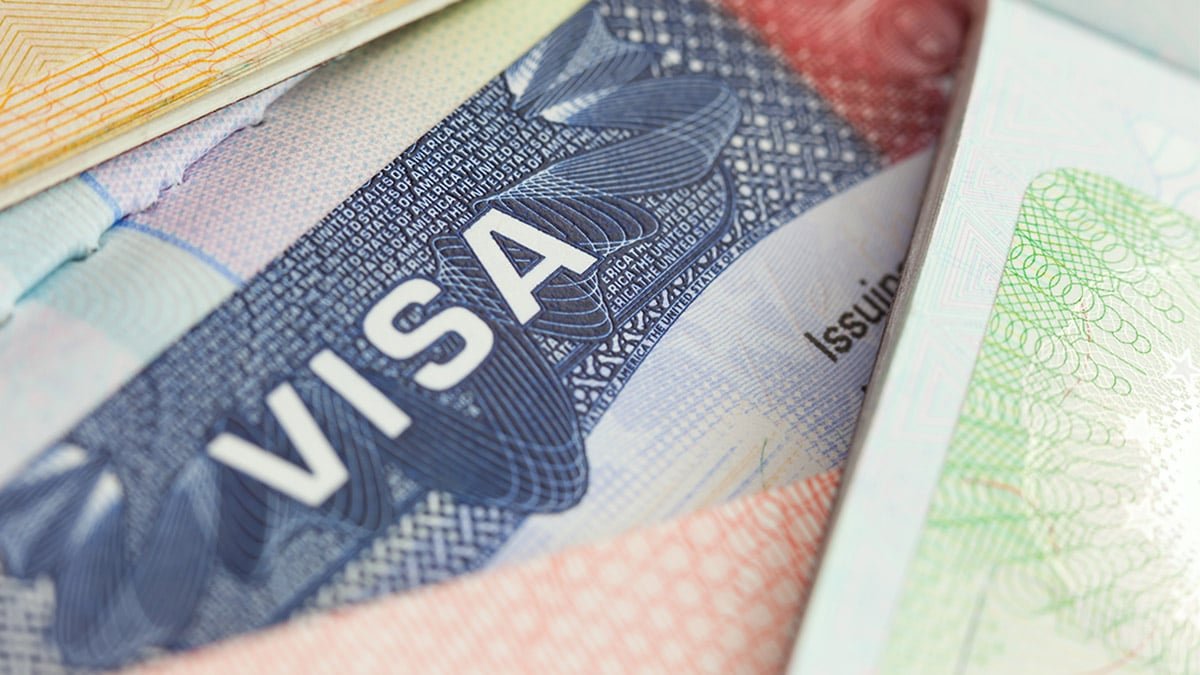A growing number of Nigerian citizens are discovering their valid U.S. visas have been quietly revoked without warning, disrupting lives and business operations.
The U.S. Embassy in Nigeria has begun canceling previously issued visas, leaving holders stranded despite months or years of legitimate travel history.
Olufemi Soneye, former Chief Corporate Communications Officer of Nigeria’s national oil company NNPC Ltd, revealed the troubling trend in a detailed report published by The Cable.
His investigation uncovered a pattern of unexplained visa cancellations affecting Nigerian professionals, entrepreneurs, frequent travelers, and families who previously maintained clean immigration records.
Many affected individuals only discovered their visa cancellations upon arriving at airports, sometimes at boarding gates, creating scenes of public embarrassment and confusion. “A few were briefly detained by immigration authorities before being sent home in shame,” Soneye disclosed, highlighting the psychological trauma experienced by legitimate visa holders.
The cancellation letters reference Title 22, Code of Federal Regulations, Section 41.122, claiming “new information became available after the visa was issued” without providing specific details. No evidence is presented to visa holders, and no formal appeal process is offered, leaving affected individuals with limited recourse beyond costly reapplication procedures.
The timing of these visa revocations coincides with the Trump administration’s expanded immigration restrictions targeting African countries, citing security and immigration risks as justification. While Washington has not publicly connected the Nigerian cancellations to broader policy shifts, immigration experts note the pattern aligns with tightened entry controls for African nationals.
The visa cancellations particularly impact Nigeria’s shipping, oil and gas, and technology sectors, which maintain crucial business ties with the United States. Entrepreneurs lose access to global markets, students face educational uncertainty, and families experience disrupted reunion plans, creating ripple effects throughout Nigeria’s international business networks.
Neither the U.S. Embassy in Abuja nor Nigerian government authorities have issued public statements explaining the sudden wave of visa cancellations. This official silence has created an information vacuum filled with speculation about bureaucratic overreach, unannounced security measures, or shifting U.S.-Africa diplomatic relations.
For affected Nigerians, these visa revocations represent more than administrative inconvenience, they constitute disruptions to critical life activities, including education, medical treatment, and business operations. The lack of transparency leaves thousands holding documents that no longer guarantee entry, creating a climate of uncertainty that extends beyond individual cases to broader Nigeria-U.S. relations.

